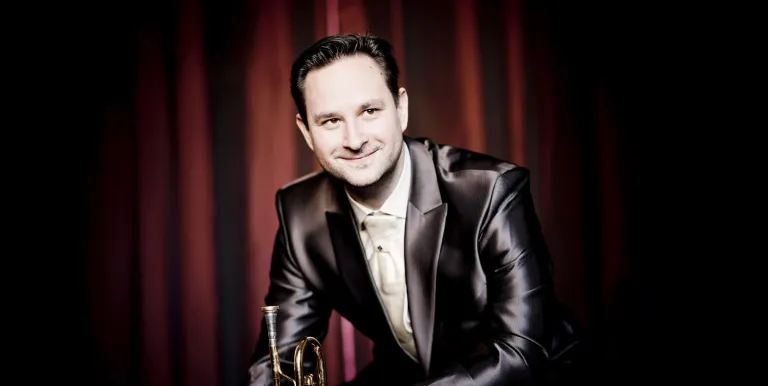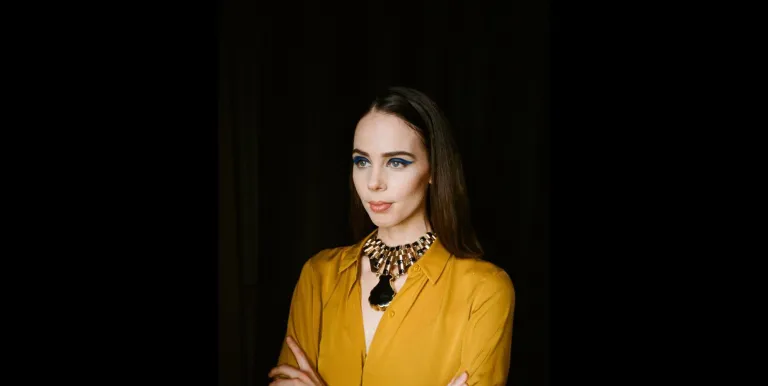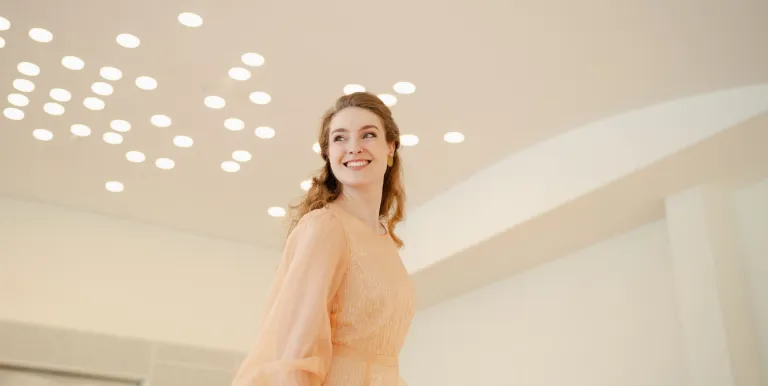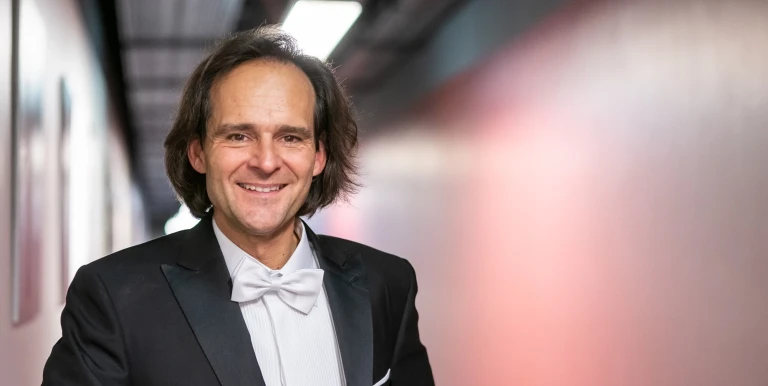Featuring:
Lecturers:
Poland and the Baltic States, the stars of this year's Bridging Europe event series, are connected not only by their geographical proximity but by countless historical events. With the help of a prestigious expert panel, this symposium to mark the centenary of the independence of these countries will examine the relationships between national cultural values and large-scale international trends.
Toomas Siitan, the Estonian composer and musicologist, has been the director of the musicology department of the Estonian Music Academy since 2013. He is an experienced choir singer and conductor, founded the Studio Vocale ensemble in 1994 and was appointed the artistic director of the Haapsalu Early Music Festival in the same year. Mr Siitan is also an internationally renowned expert on the music of Arvo Pärt. This work is closely related to Estonian national aspirations and the early music and contemporary movements which characterise Pärt's musical style.
Aiva Rozenberga is the director of the Latvian Institute. She has significant experience in state administration, communication and cultural management; she has worked as a spokesperson for the Latvian prime minister and chief press officer for the president of the republic. She played a key role in Riga's 2008 nomination as European City of Culture, and also headed the Riga 2014 Foundation. She also worked as an advisor for the workgroup for the Latvia's 90th birthday jubilee celebrations.
Arūnas Gelūnas completed a degree in graphic design from the Vilnius Academy of Fine Arts, before spending two years researching Japanese painting. He then gained a Ph.D in philosophy in English from the Vytautas Magnus University in Kaunas. He continued his academic career by working as a vice-dean and vice-rector at the Kaunas Faculty of the Vilnius Academy of Fine Arts, where he taught history and theory of art in the graphic design department. He is a former minister of culture and UNESCO ambassador for Lithuania, and is currently a member of the Lithuanian parliament.
Krzysztof Olendzki studied history at the University of Warsaw. He is a member of the Historical Institute of the Polish Academy of Sciences and the history department of the University of San Marino. He is also the editor of the English-language book Poland: An encyclopedic guide. Mr Olendzki has gained a wealth of experience throughout his career in diplomacy and state administration. He is currently the director of the Adam Mickiewicz Institute.
In cooperation with the Estonian, Latvian, Lithuanian and Polish Embassy, and the Estonian Institue in Hungary and Polish Institute in Budapest.
Commissioned by the Adam Mickiewicz Institute as part of the Polska Music programme and POLSKA 100 - the international cultural programme celebrating 100 years of Polish Independence. Financed by the Ministry of Culture and National Heritage of the Republic of Poland as part of the multi-annual programme NIEPODLEGŁA 2017-2021.
Presented by: Müpa Budapest
-
We wish to inform you that in the event that Müpa Budapest's underground garage and outdoor car park are operating at full capacity, it is advisable to plan for increased waiting times when you arrive. In order to avoid this, we recommend that you depart for our events in time, so that you you can find the ideal parking spot quickly and smoothly and arrive for our performance in comfort. The Müpa Budapest underground garage gates will be operated by an automatic number plate recognition system. Parking is free of charge for visitors with tickets to any of our paid performances on that given day. The detailed parking policy of Müpa Budapest is available here.










